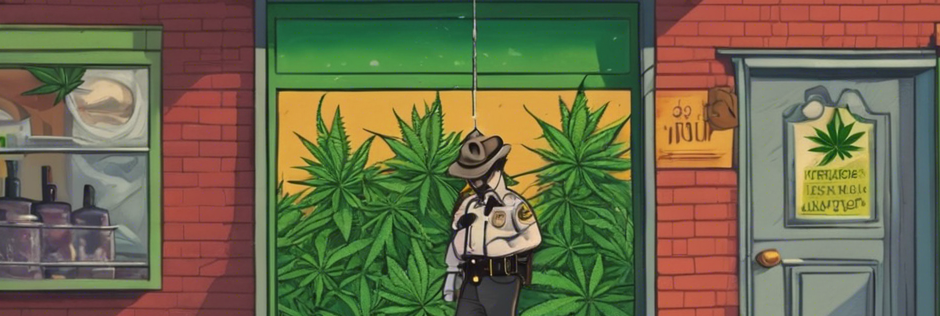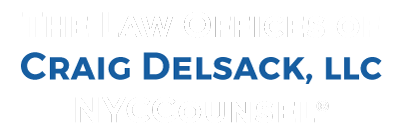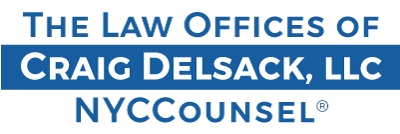Judge Rules NYC Law Padlocking Unlicensed Cannabis Stores is Unconstitutional

A New York Cannabis Lawyer’s Analysis of the NYC Illegal Weed Store Padlock Case
On October 29, 2024, Queens County Superior Court Justice Kevin J. Kerrigan ruled that a New York City padlock law used by sherriffs to close illegal cannabis stores, did so denying the due process rights of the New York city weed store owners. The decision calls the legality of the closures into question and has the potential to curtail the New York City’s enforcement effort, known as Operation Padlock to Protect.
The Core Issue: Due Process and Arbitrary Government Action
The lawsuit was brought against the City of New York by the owner of a store called Cloud Corner (incorporated as ASA 456 Corp.). NYC Administrative Code Section 7-552 provides the sheriff’s office with the authority to inspect, “only … during the operating hours of a place of business,” and seal a building where unlicensed cannabis sales occur. Cloud Corner was shut down and padlocked by the sheriff over accusations of selling marijuana without a license in early September. However, the sheriff’s inspection of the business was done when the store was closed and gated, before it would be opened to the public later that day.
Why the Law Was Struck Down:
-
Violation of Due Process:
The court determined that the City’s enforcement actions, specifically the immediate closure of the business without a proper hearing, violated Cloud Corner’s right to due process. The Fifth and Fourteenth Amendments to the U.S. Constitution guarantee due process, which requires fair procedures before the government can deprive someone of life, liberty, or property.
-
Arbitrary and Capricious Government Action:
The judge held that the portions of the City’s law that allows the sheriff to unilaterally decide whether to keep a store closed (for up to a year) are unconstitutional. The court found that the City’s sheriff’s decision to maintain the padlock order, despite the Office of Administrative Trials and Hearings (OATH) officer’s recommendation to lift it, lacked a rational basis. The City failed to provide sufficient evidence to justify its decision, making it arbitrary and capricious.
While the City’s intent was to curb illegal cannabis sales, the aggressive enforcement tactics employed may have overstepped legal boundaries. If this decision is upheld it potentially exposes the City to claims by stores in New York City that have wrongfully been inspected and shut down.
Cannabis businesses should be aware of their rights and ensure they are operating in compliance with local, state, and federal laws. If faced with regulatory enforcement actions, it is crucial to consult with a cannabis lawyer to understand their rights and potential defenses.
To speak to Craig Delsack, a New York cannabis attorney at no cost or obligation, call us at (212) 688-8944 or use the form to contact us.

